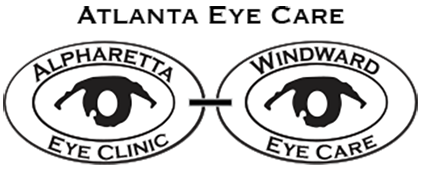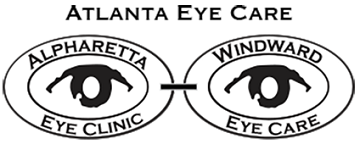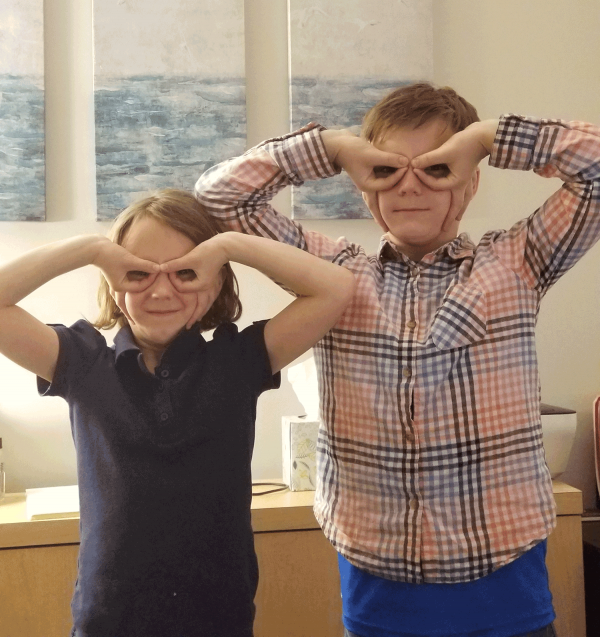Education and Awareness
Educate yourself about eye safety to protect family members from an eye injury or possible blindness. Taking appropriate safety precautions and wearing specialized eyewear could prevent 90% of the eye accidents that happen each year.
Workplace Eye Safety
In the workplace, there are safety rules in place; and eye safety is stressed as part of company culture. Because eye injuries cost more than $300 million a year in lost production time, medical expenses, and worker compensation, the U.S. Department of Labor also provides strict standards about eye protection in the workplace. Employers must provide all employees appropriate eye and face protection against chemical, environmental, radiological, or mechanical irritants or hazards.
The Dangers at Home
In the home, eye injuries are common. It’s important to remember that regular eyeglasses do not provide enough eye protection. Wearing goggles or safety glasses give the added eye protection needed for household chores that involve machinery or chemicals.
Reduce the risk of eye injury for you or your family by taking precautions at home:
- Prevent falls by making sure your home is well-lit and staircases have handrails.
- Before mowing, remove all debris from the lawn. Wear protective eyewear while using all mechanical equipment including mowers and blowers.
- Store paints, pesticides, fertilizers, and other chemicals properly. Wear the proper goggles or glasses to protect your eyes from exposure to particles or fumes.
- Read and carefully follow manufacturer instructions and warning labels for solvents, detergents, and other chemical products.
- Do not mix cleaning agents or other hazardous chemicals.
Children’s Eye Safety
There are a number of common situations that can lead to a childhood eye injury:
- Misuse of toys
- Falls from beds, on stairs, or against furniture
- Misuse of everyday objects such as pencils, knives, kitchen utensils, and garden tools
- Contact with paints, glues, or other products
- Car accidents
Precautions must be taken to keep your child safe at home:
- Make sure stairways are well-lit and use safety gates at the top and bottom. Teach your child to use handrails.
- Cushion sharp corners and edges around the home.
- Install cabinet and drawer locks to keep kids from harming themselves with common household items.
- Store pesticides, fertilizers, and other hazardous products in a secure area.
- Read all warnings and instructions on toys and make sure toys are age-appropriate.
- Use infant and child safety seats, booster seats, safety belts, and shoulder harnesses in cars.
- Children 12 and under should NEVER ride in the front seat.
- Store loose items in the trunk. Loose objects become dangerous projectiles in a crash.
Other Risks to Your Vision
Here are some reminders from preventblindness.org:
- There is no safe way for nonprofessionals to use fireworks. Leave pyrotechnic displays to the professionals.
- Prevent Blindness urges everyone living in coastal communities to think about eye safety when preparing for a storm or when cleaning up after storm damage. The Centers for Disease Control and Prevention (CDC) offers additional safety recommendations for disaster cleanup.
Knowing what to do for an eye emergency can save valuable time and possibly prevent vision loss. Be prepared in case something happens:
- Wear eye protection for activities and sports at school, home, and on the job that could lead to an eye injury.
- Stock a first aid kit with a rigid eye shield and commercial eyewash that is not expired.
- Call or visit us if you or a member of your family are in doubt about the seriousness of an injury.
Eye Safety: Don’t take chances with your eyes or your kids’ eyes. We can tell you all about vision safety and help you keep your child’s eye protected. Call Alpharetta Eye Clinic or Windward Eye Care in Alpharetta, GA, to find out about the latest information and products for eye safety.



